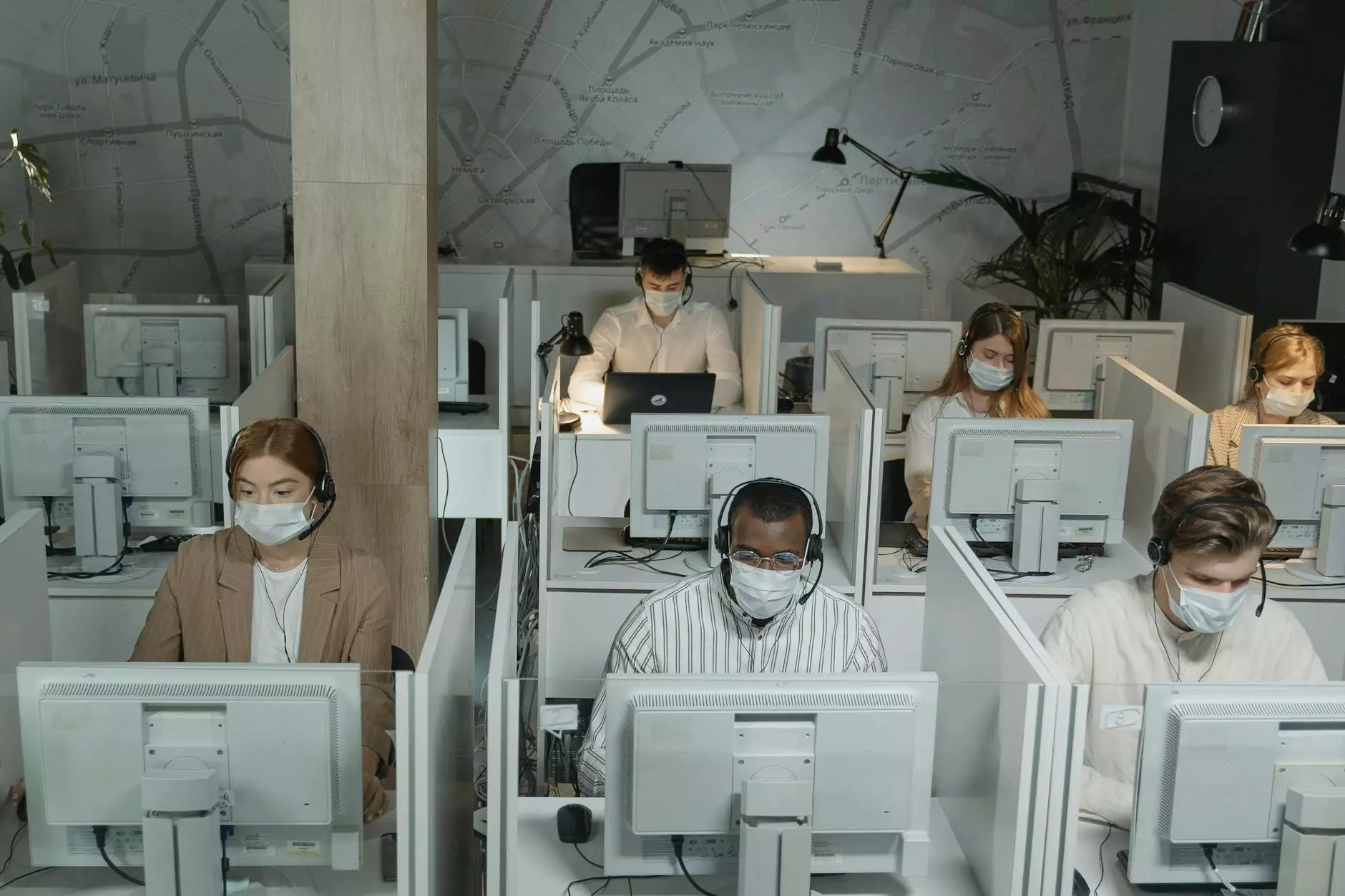Terrorism Agents | Iowa Poison Control Center
Services
Introduction
Welcome to the informational page on terrorism agents provided by Regency Square Care Center, a trusted resource in health and geriatric care in Iowa. In this comprehensive guide, we'll cover common types of terrorism agents, their effects on health, and valuable guidelines from the Iowa Poison Control Center to ensure your safety and well-being.
About Terrorism Agents
Terrorism agents are substances used by individuals or groups to spread fear, cause harm, and disrupt society. These agents can be chemical, biological, radiological, or nuclear in nature. Understanding their characteristics, effects, and necessary precautions is crucial for personal safety and public health.
Common Types of Terrorism Agents
Below, we address some common types of terrorism agents:
Chemical Agents
- Nerve Agents: These agents, such as sarin and VX, target the nervous system, leading to paralysis and potentially lethal outcomes. Proper decontamination and medical care are vital in case of exposure.
- Blister Agents: Examples include sulfur mustard and Lewisite, which cause severe burns, blistering, and respiratory issues. Immediate removal of contaminated clothing and thorough cleansing are essential in the event of exposure.
- Blood Agents: Cyanide and similar agents disrupt the body's ability to use oxygen effectively, leading to suffocation. Prompt medical attention and administering appropriate countermeasures are crucial in cyanide exposure cases.
Biological Agents
Biological agents are organisms or toxins derived from living organisms that can cause illness or death. Common examples include:
- Anthrax: A bacterial infection that affects the skin, lungs, or gastrointestinal system. Early identification, isolation, and antibiotic treatment are essential in managing anthrax exposure.
- Botulism: Caused by the Clostridium botulinum bacteria, botulism can lead to severe muscle paralysis and respiratory failure. Rapid medical intervention with antitoxin is critical in botulism cases.
- Tularemia: This bacterial infection, usually acquired from animals or contaminated water, can cause severe illness if left untreated. Prompt diagnosis and appropriate antibiotic therapy are necessary for tularemia management.
Radiological and Nuclear Agents
Radiological and nuclear agents release ionizing radiation, which can have immediate and long-term effects on health. Some commonly known agents include:
- Radioactive Iodine: Exposure to radioactive iodine can lead to thyroid damage and increase the risk of developing thyroid cancer. Swift evacuation, decontamination, and potassium iodide administration are vital preventive measures.
- Dirty Bomb: A conventional explosive device combined with radioactive materials, causing both immediate damage and long-term exposure risks. Following evacuation protocols and seeking medical assistance is crucial in a dirty bomb scenario.
Prevention and Response
Personal Safety Measures
When it comes to terrorism agents, prevention is key. Follow these guidelines to minimize risks:
- Stay informed about potential threats and alerts through local authorities and official channels.
- Adhere to security protocols and guidelines during public events or gatherings.
- Report any suspicious activities or packages to the authorities immediately.
- Prepare an emergency kit with essential supplies, including medications, food, and water.
In Case of Exposure
If you suspect exposure to a terrorism agent, take the following steps:
- Move away from the contaminated area and seek fresh air if available.
- Remove any contaminated clothing and place them in sealed plastic bags for disposal.
- Rinse exposed skin thoroughly with soap and water.
- Seek medical help or call emergency services immediately.
- Follow instructions from healthcare professionals and authorities.
Importance of Iowa Poison Control Center
The Iowa Poison Control Center plays a vital role in providing immediate, expert guidance in poison emergencies, including those related to terrorism agents. They offer 24/7 assistance from trained specialists, ensuring timely medical advice and support.
Conclusion
Understanding the common types of terrorism agents, their effects on health, and appropriate preventive and response measures is essential for personal safety and community well-being. By being equipped with accurate information and following the guidelines provided by trusted resources like Regency Square Care Center and the Iowa Poison Control Center, we can effectively mitigate risks and protect ourselves from potential harm. Stay informed, stay vigilant, and prioritize your safety.



